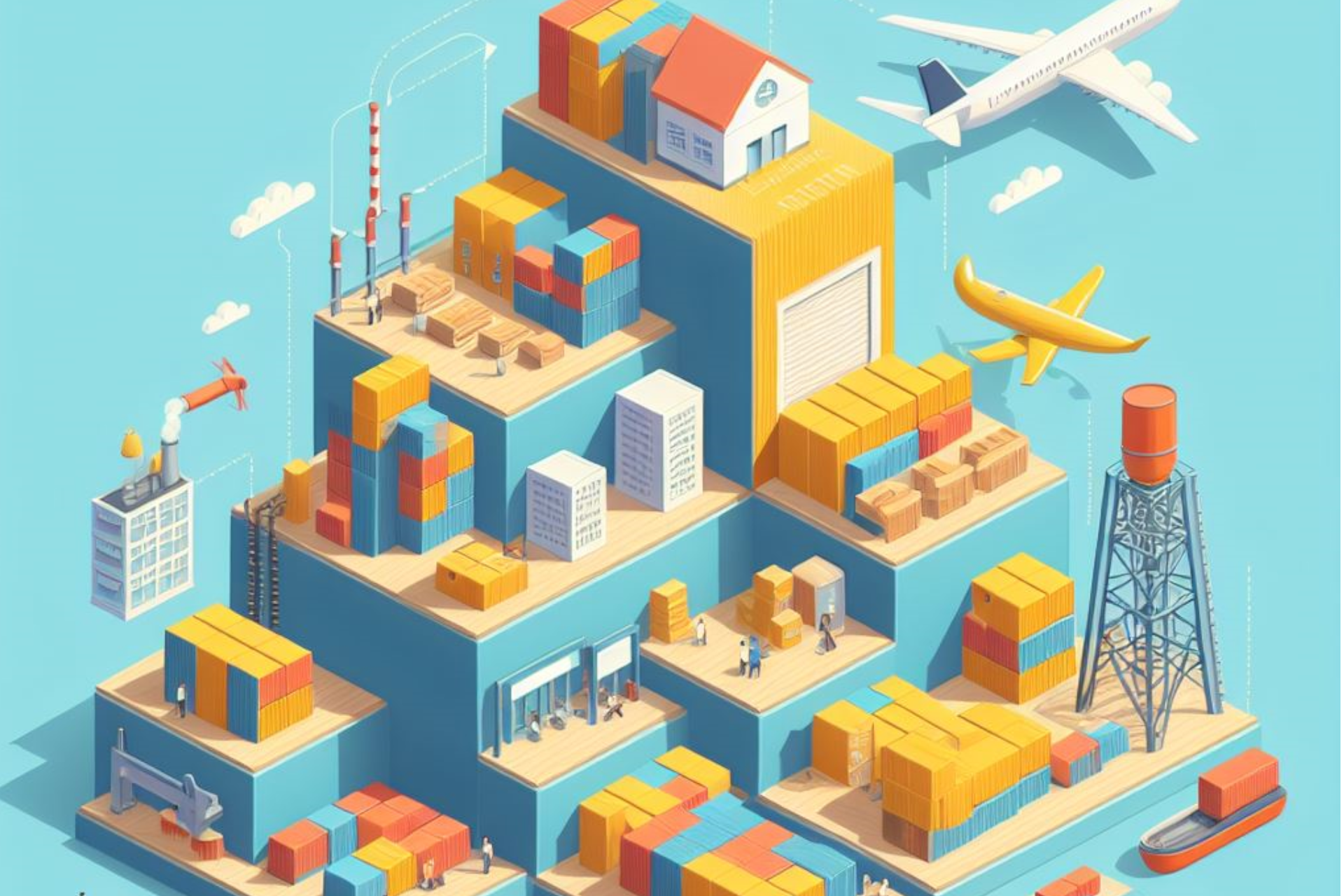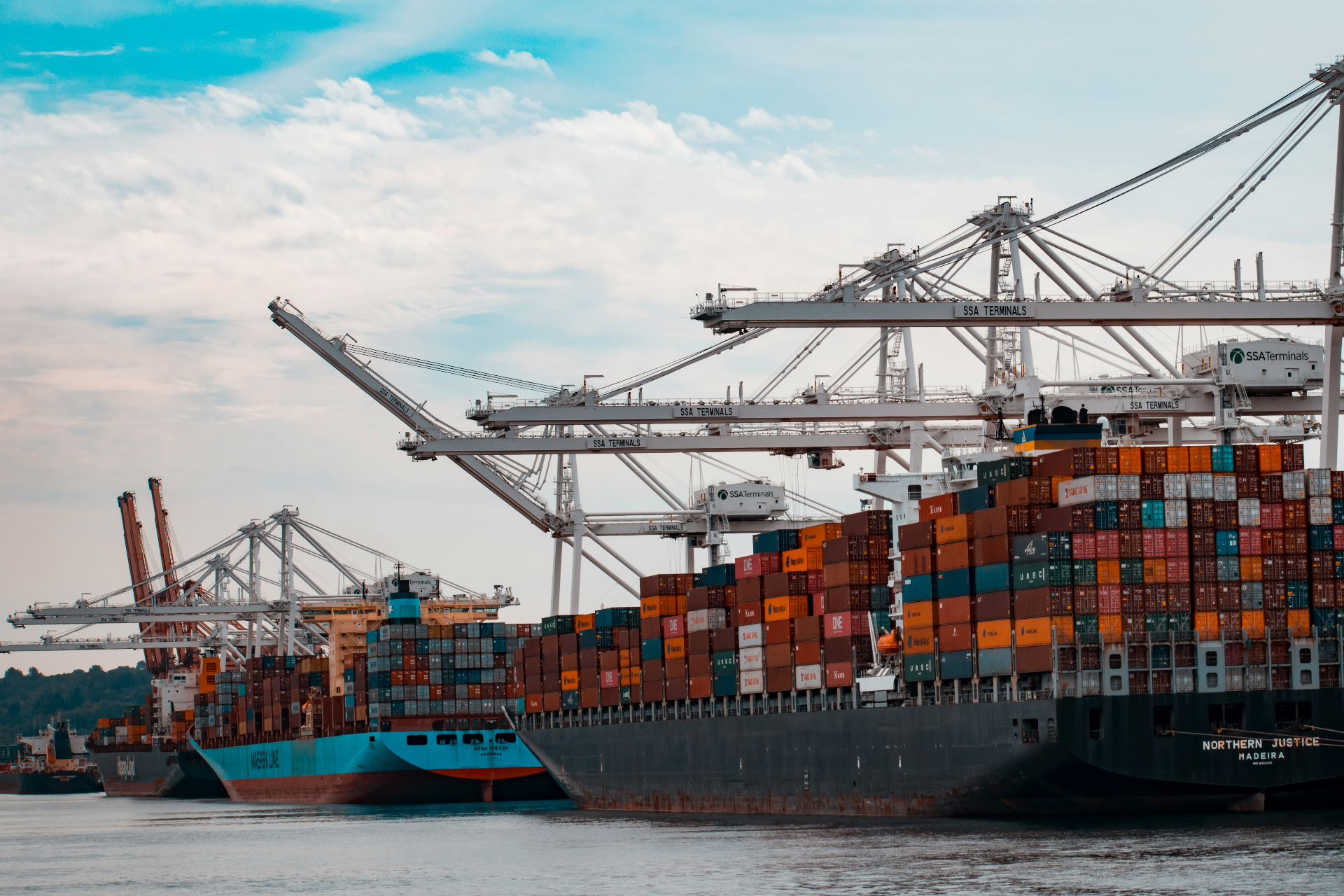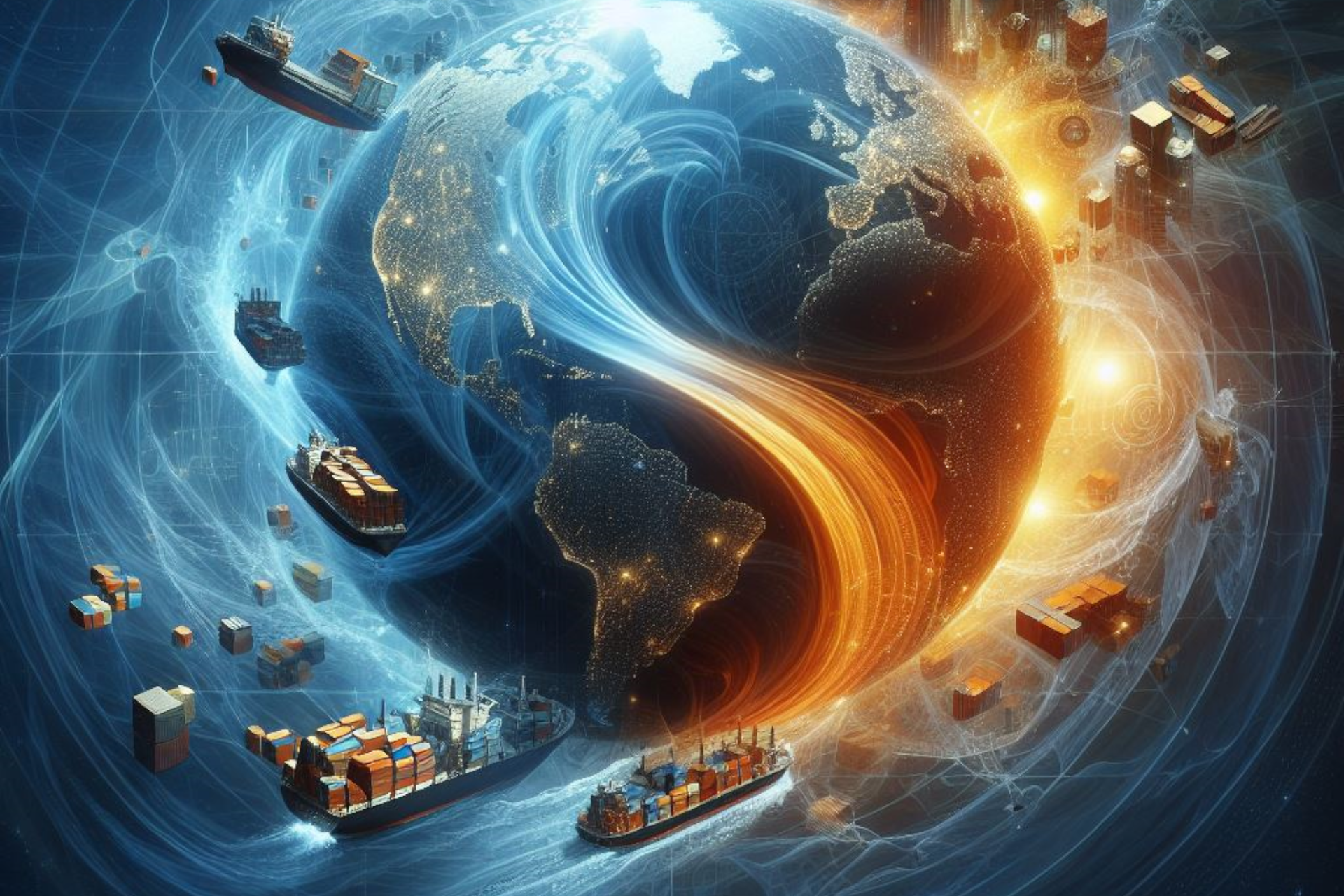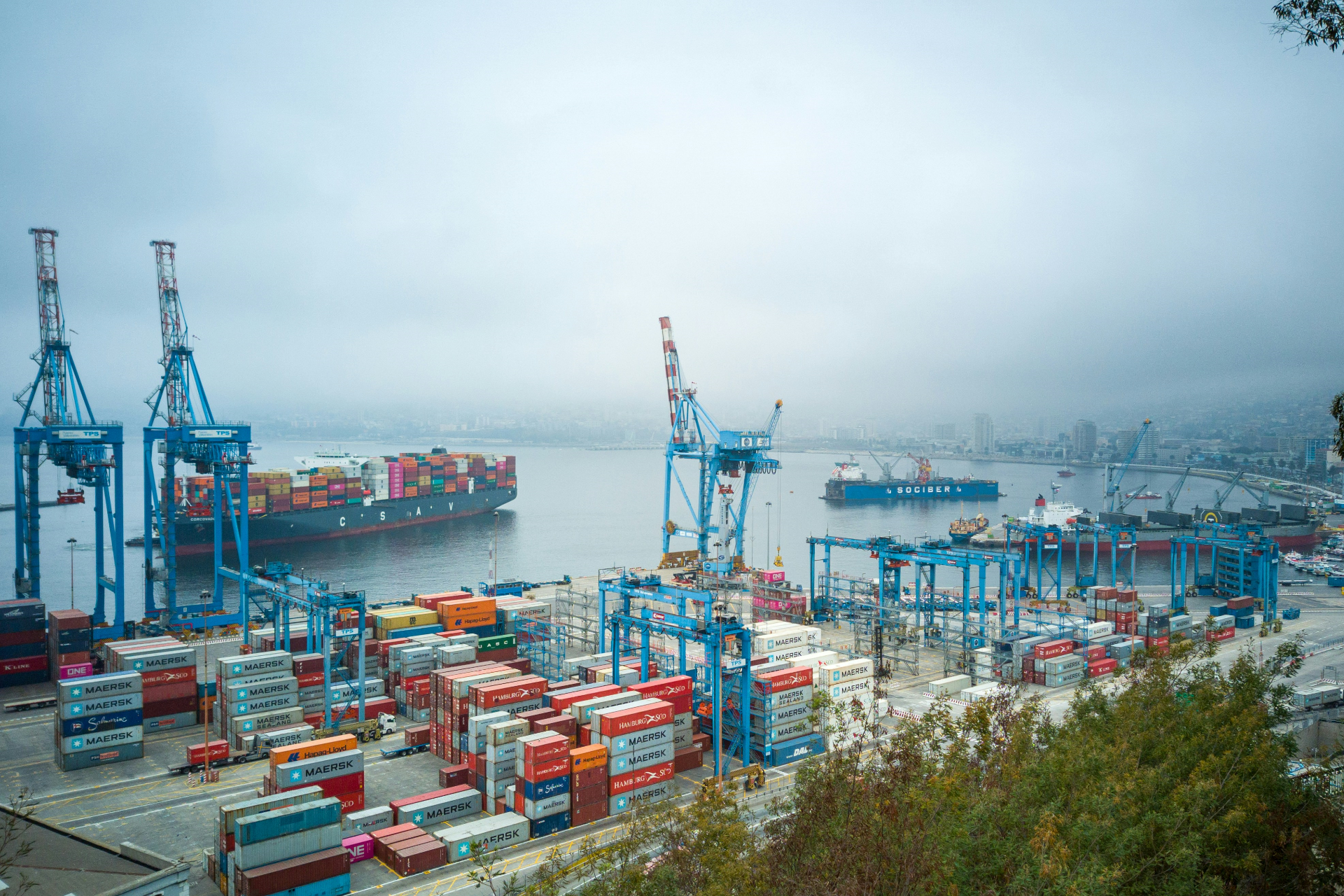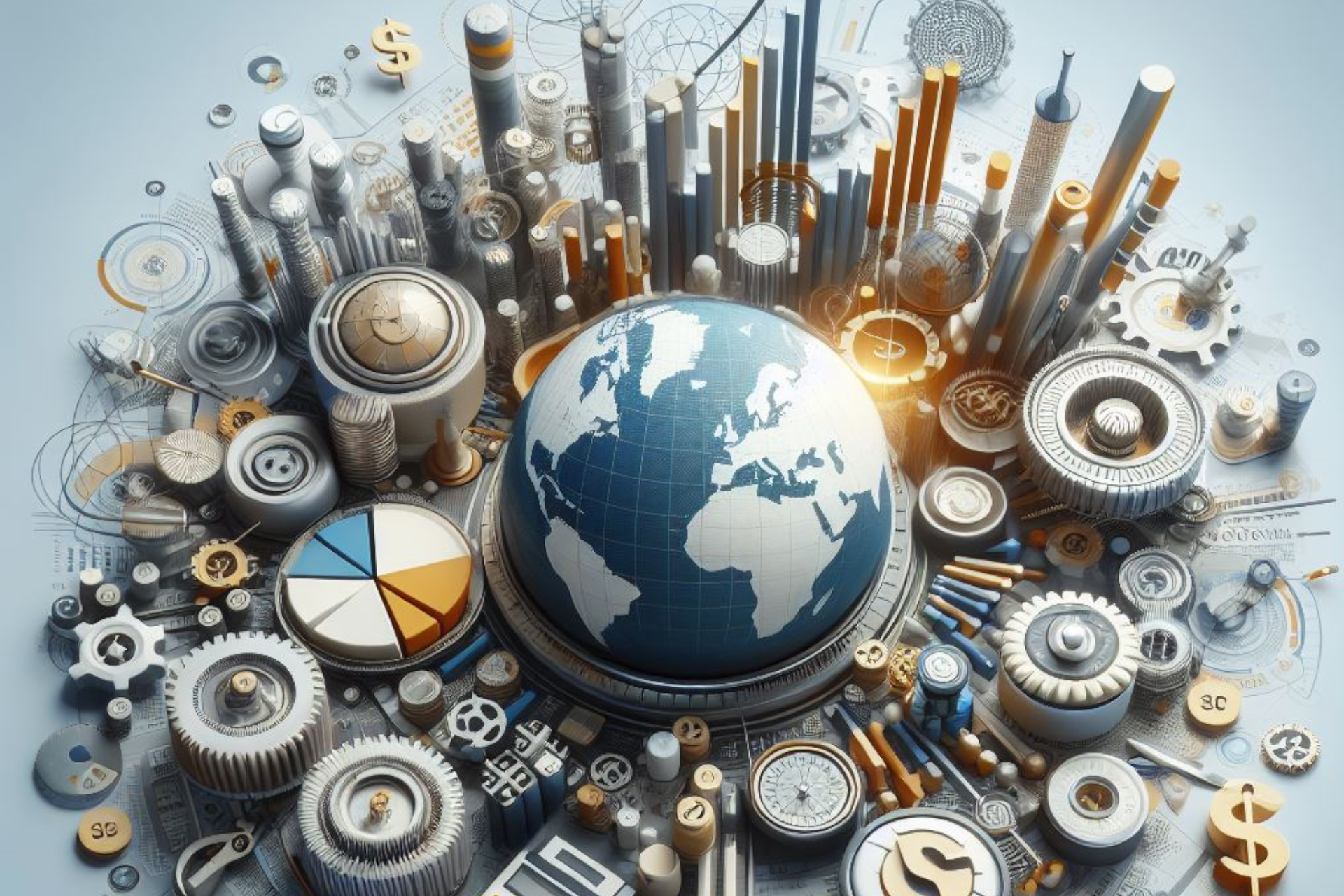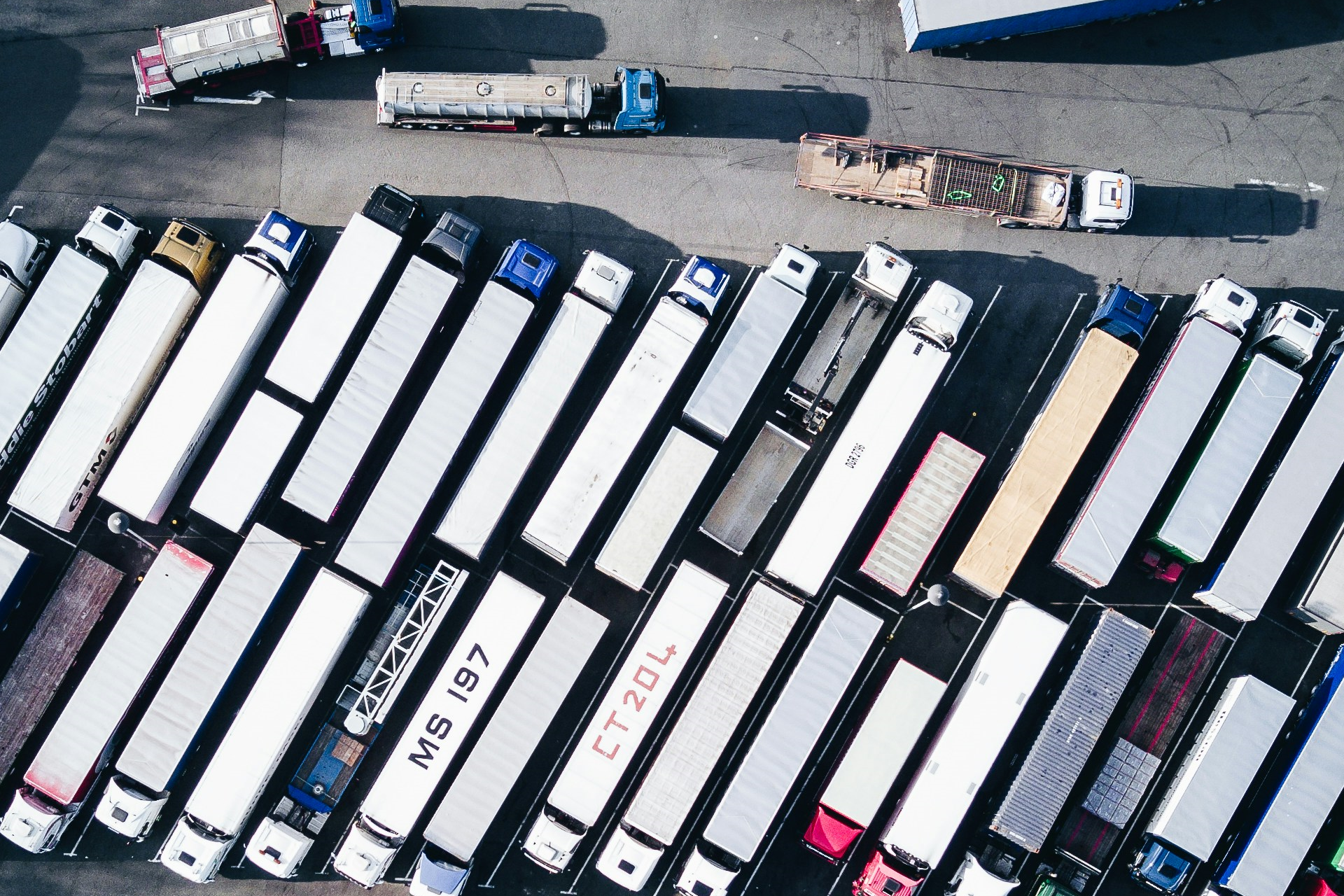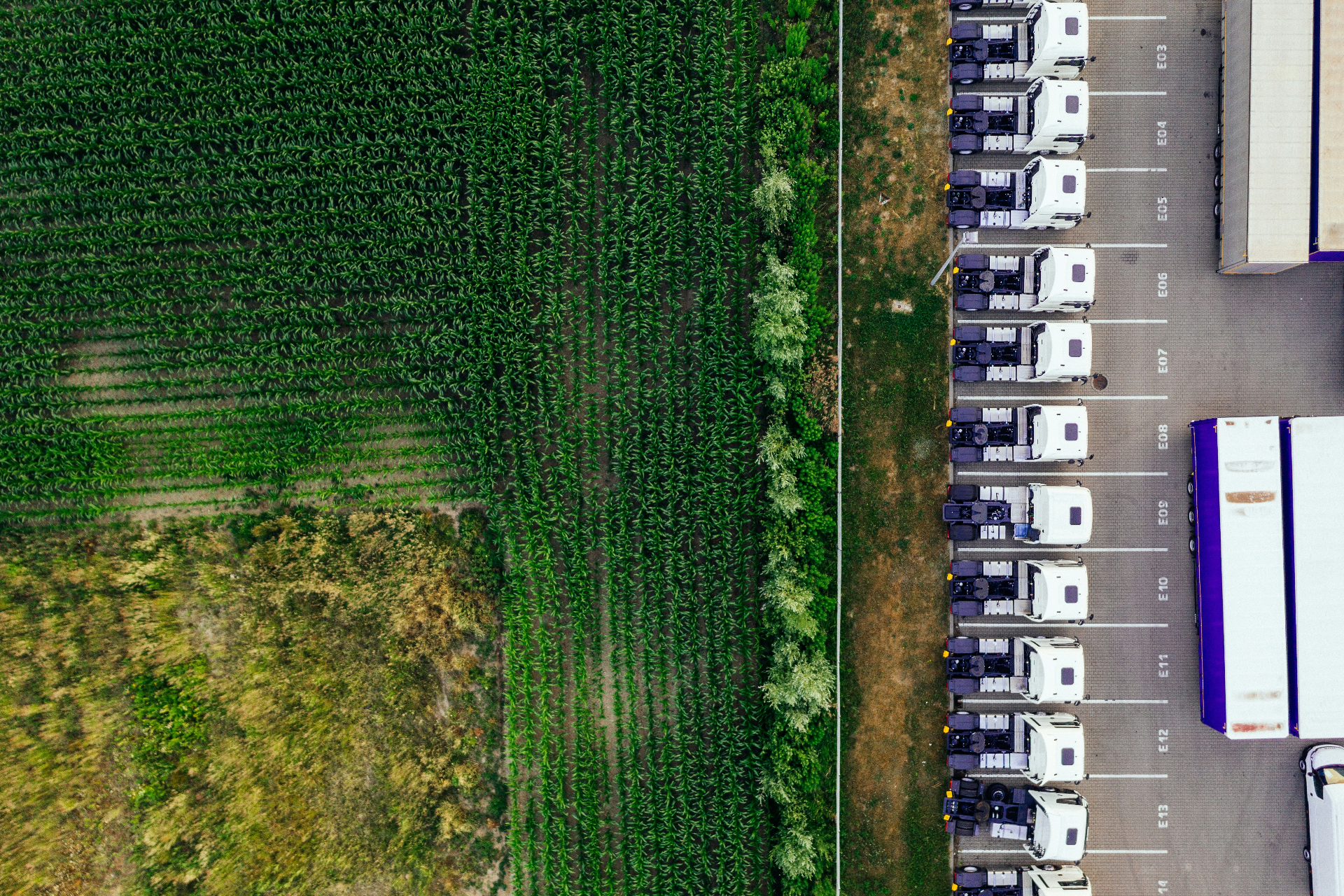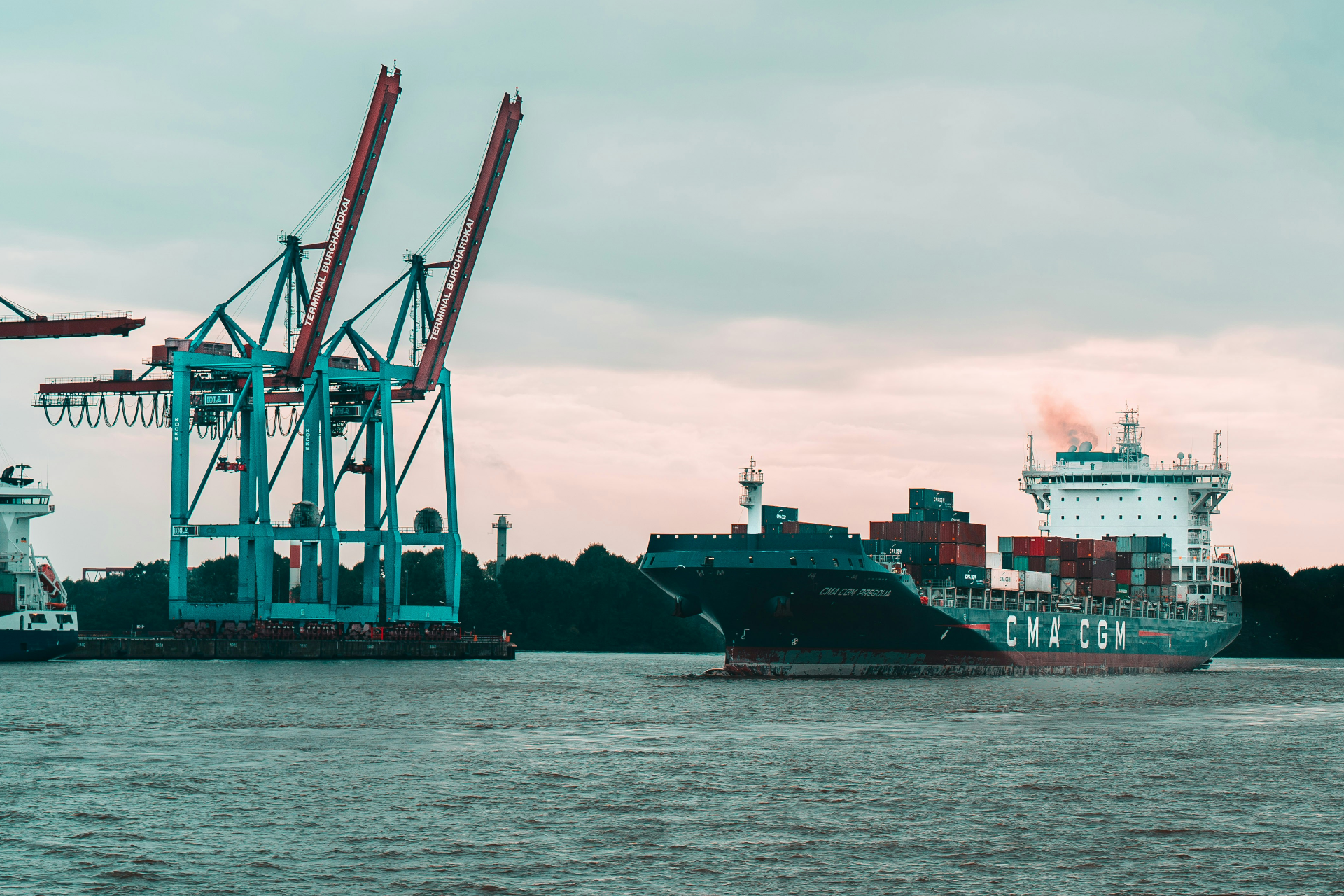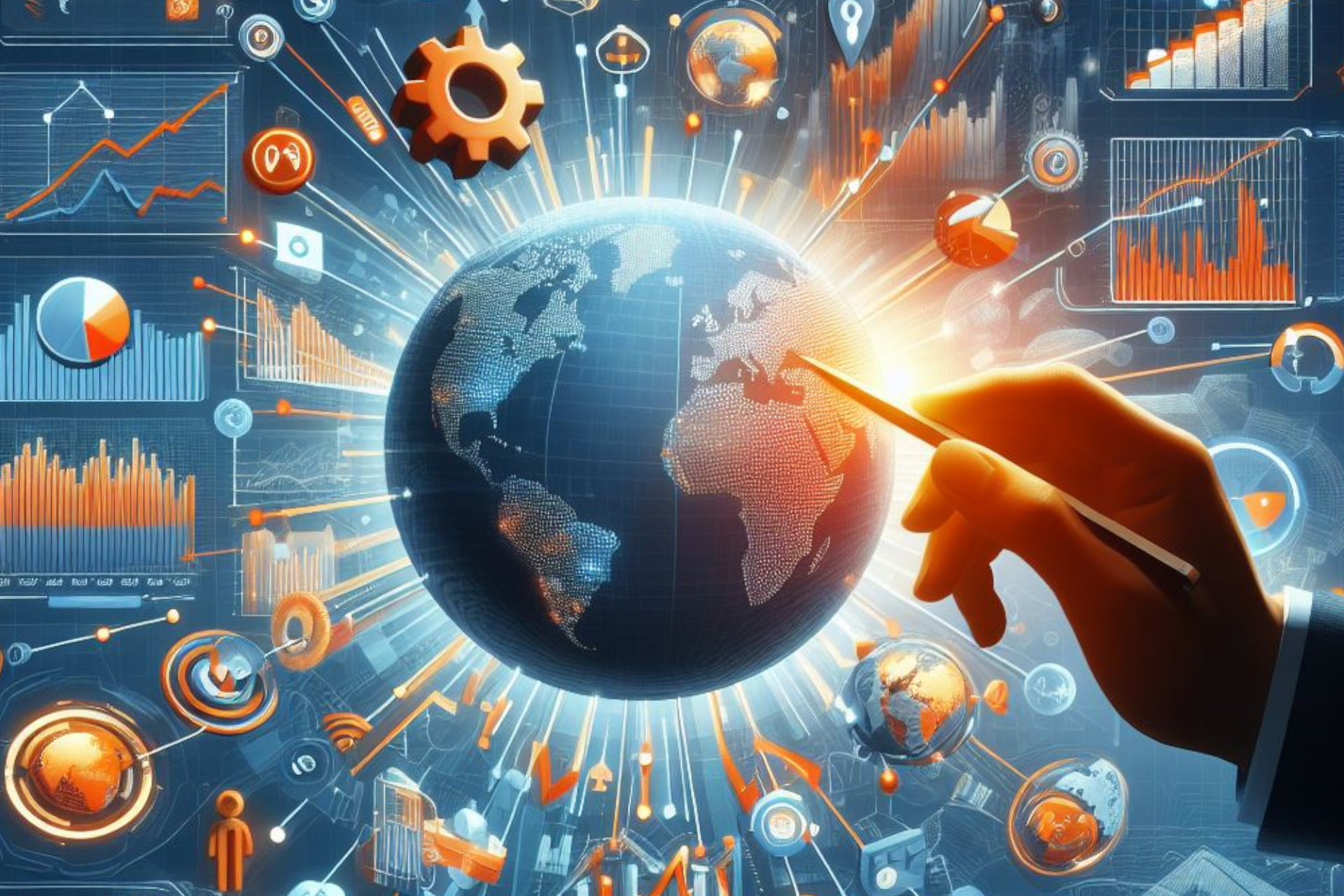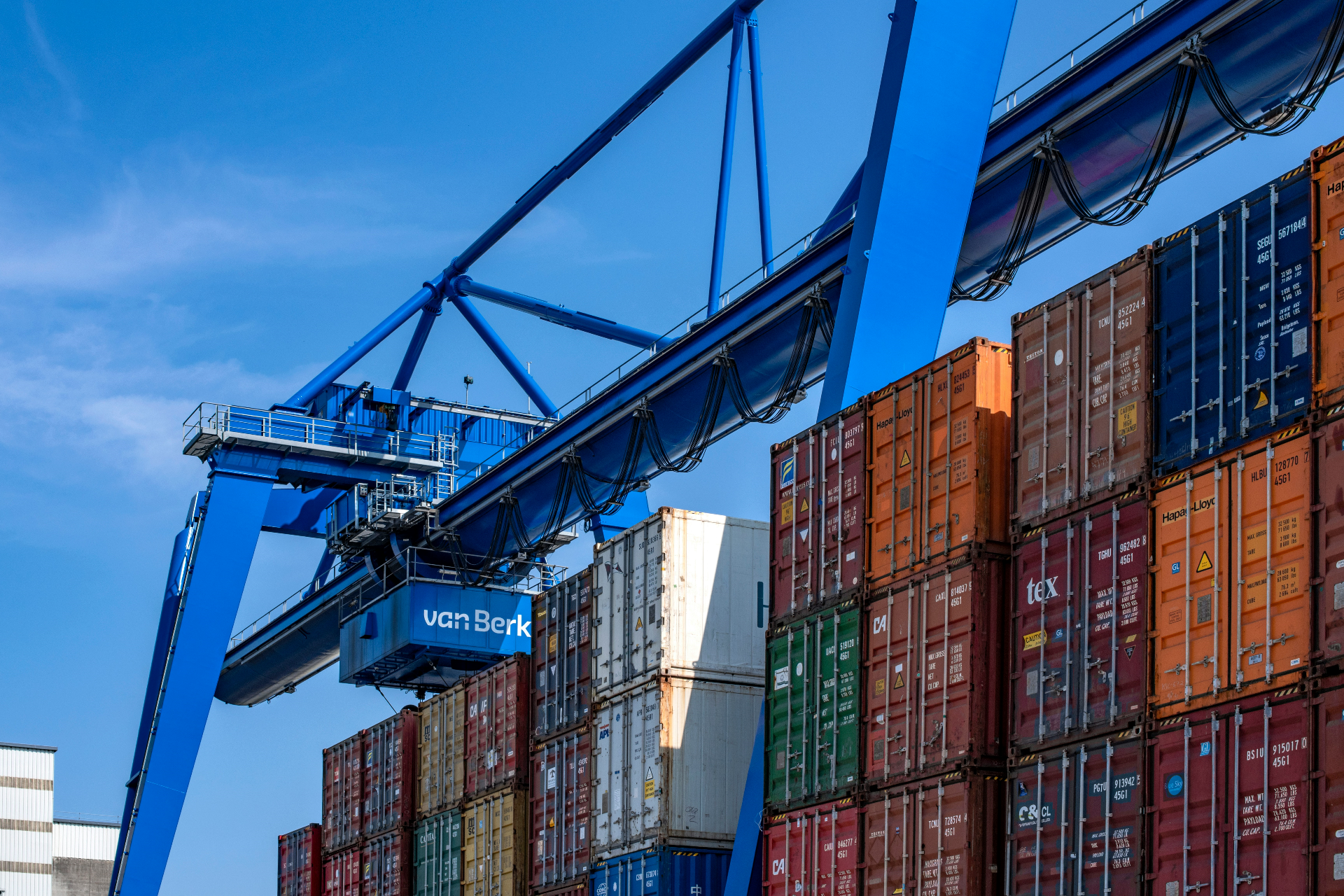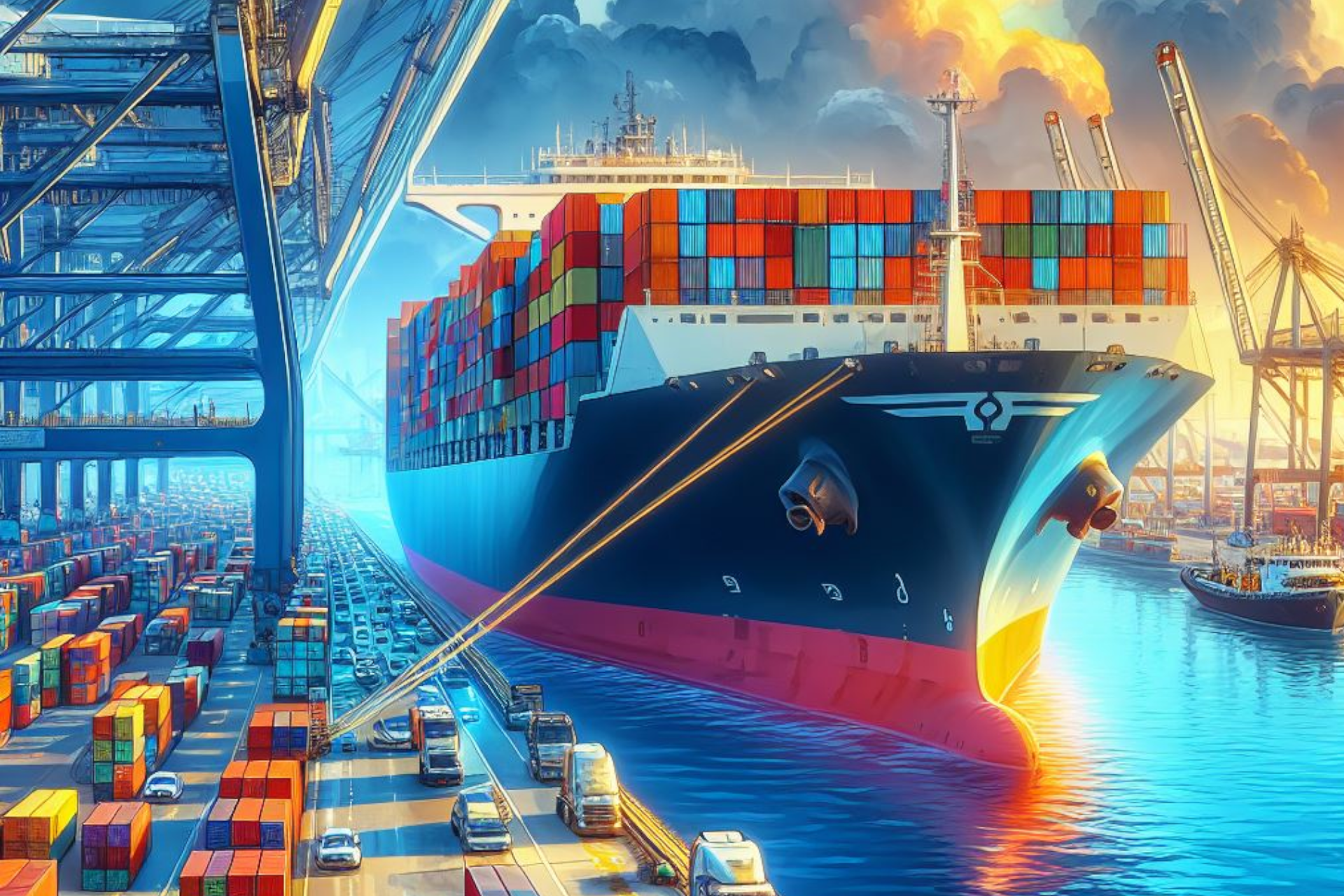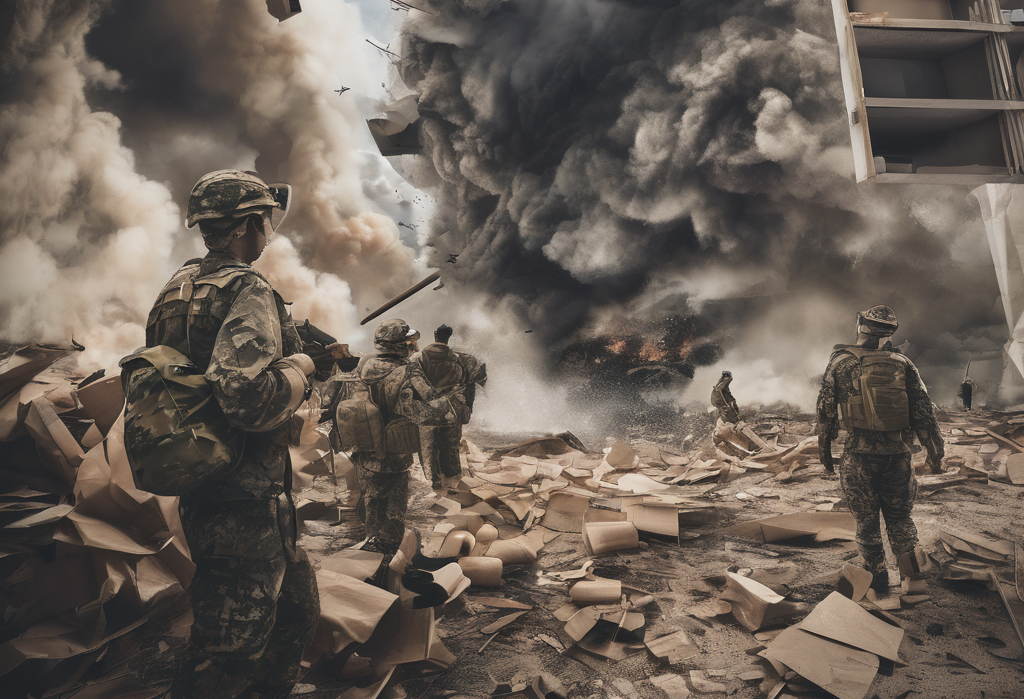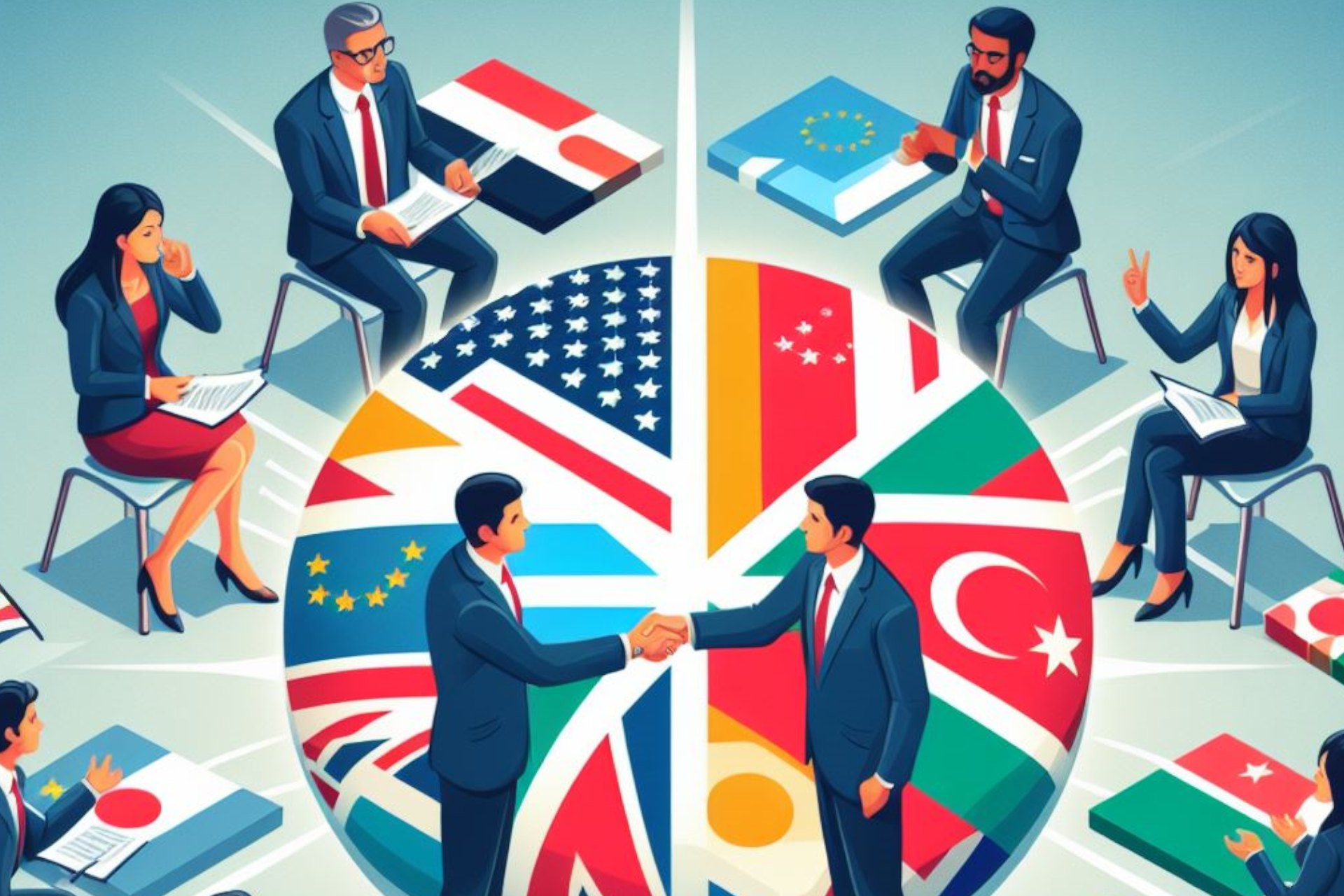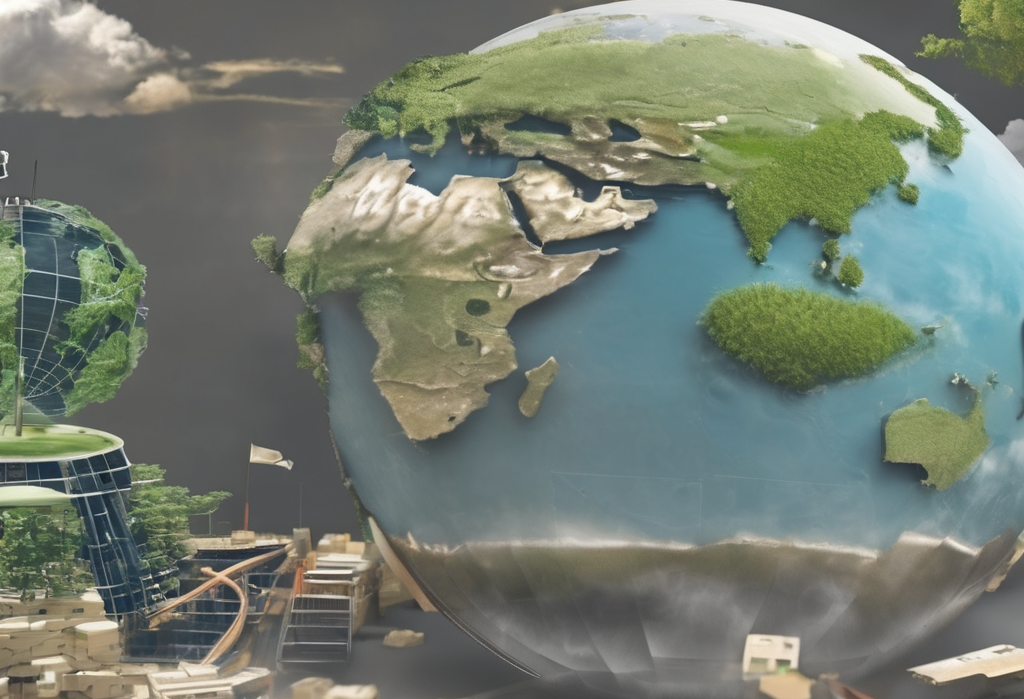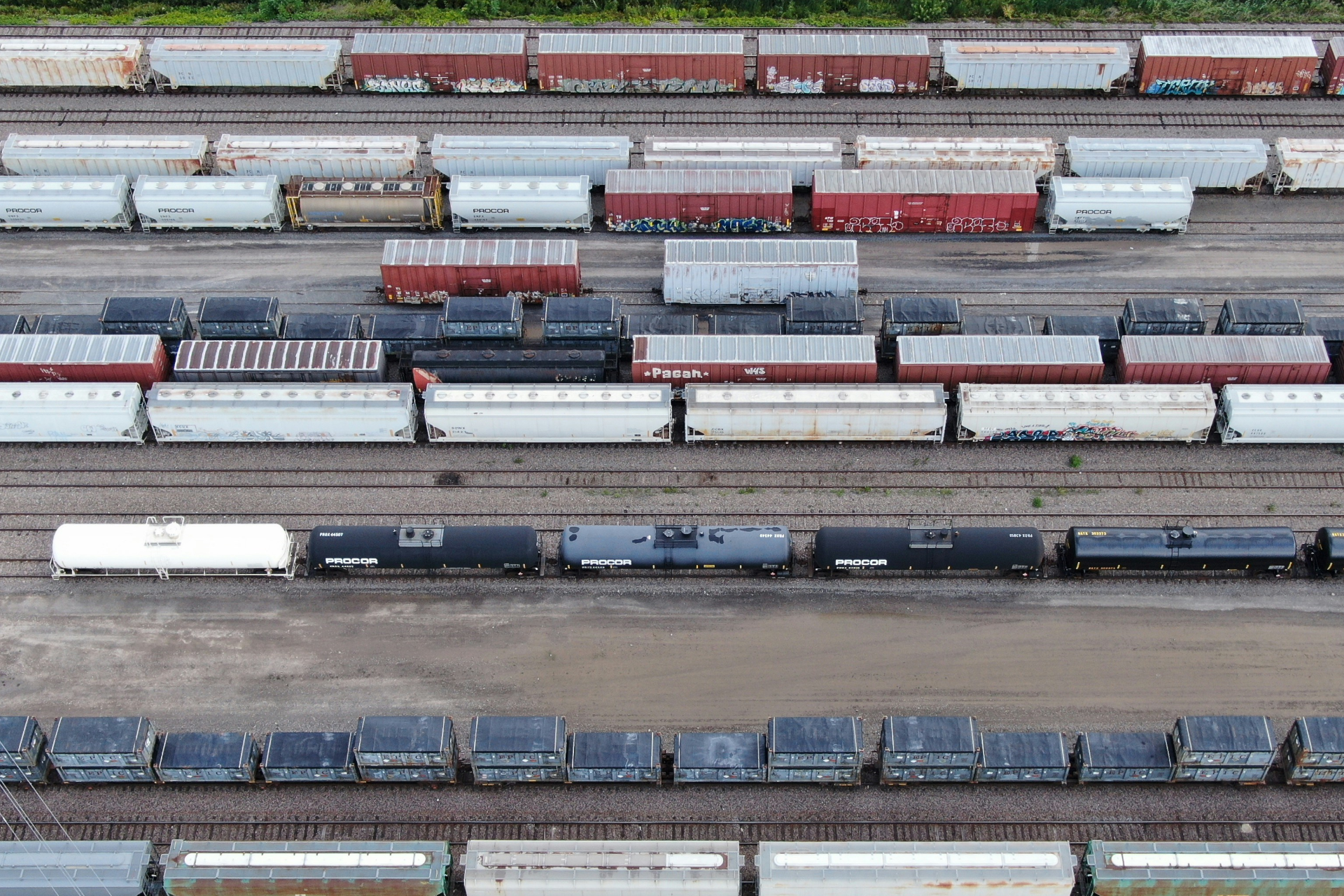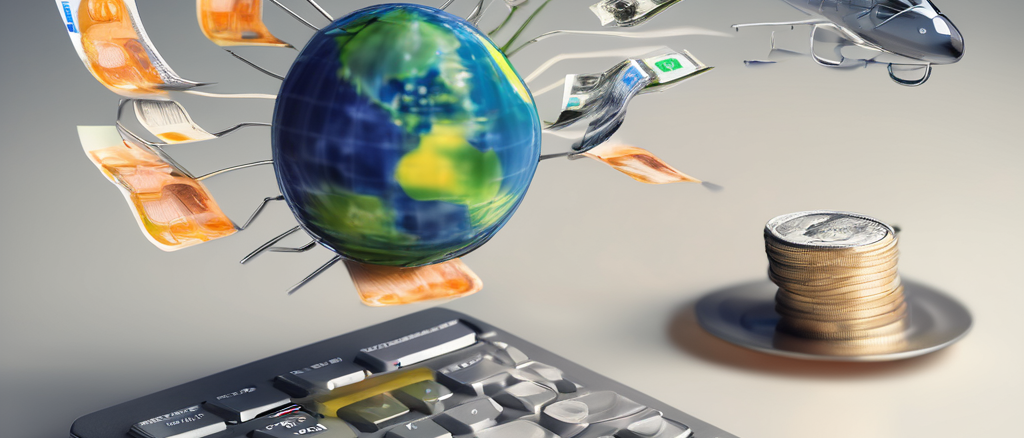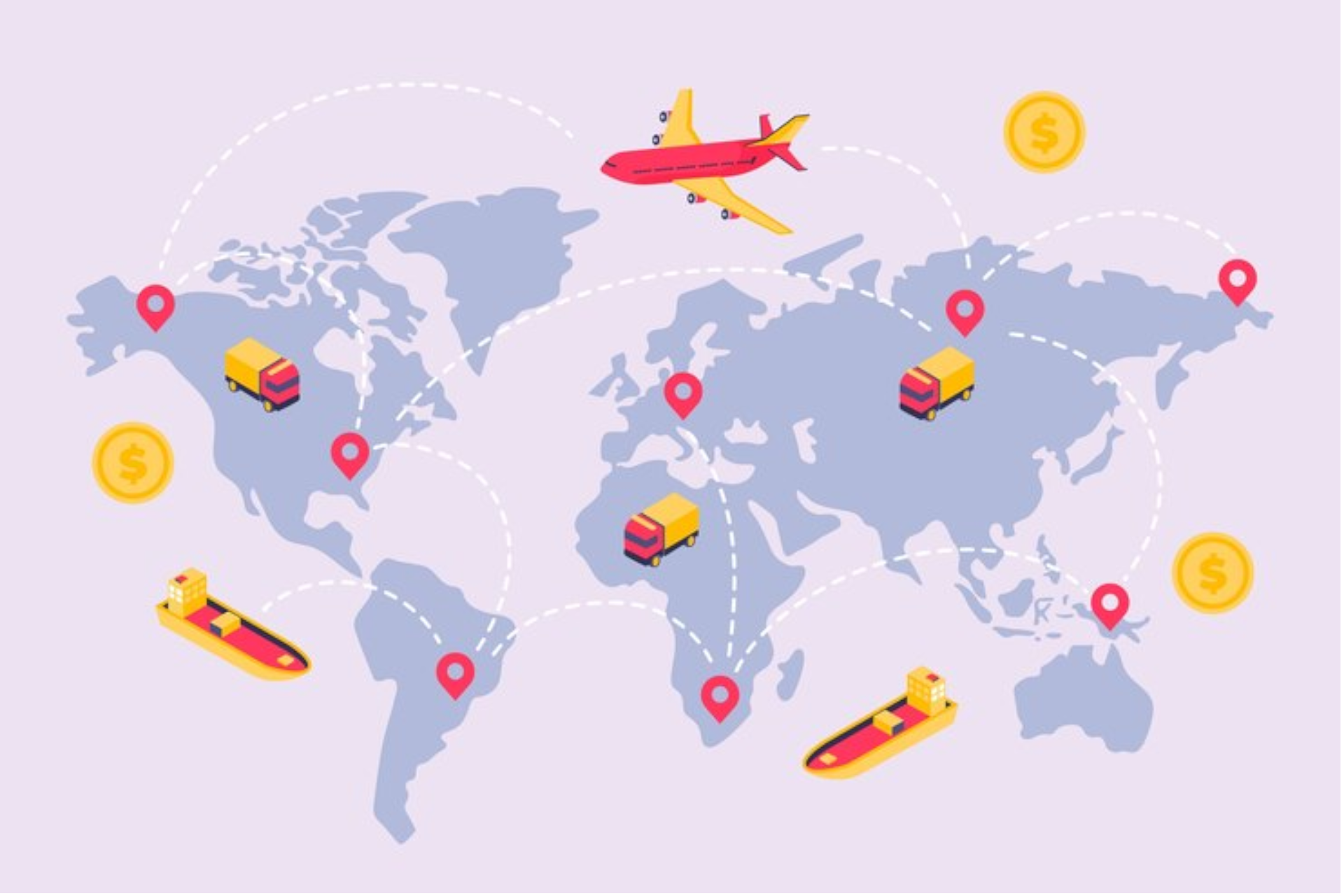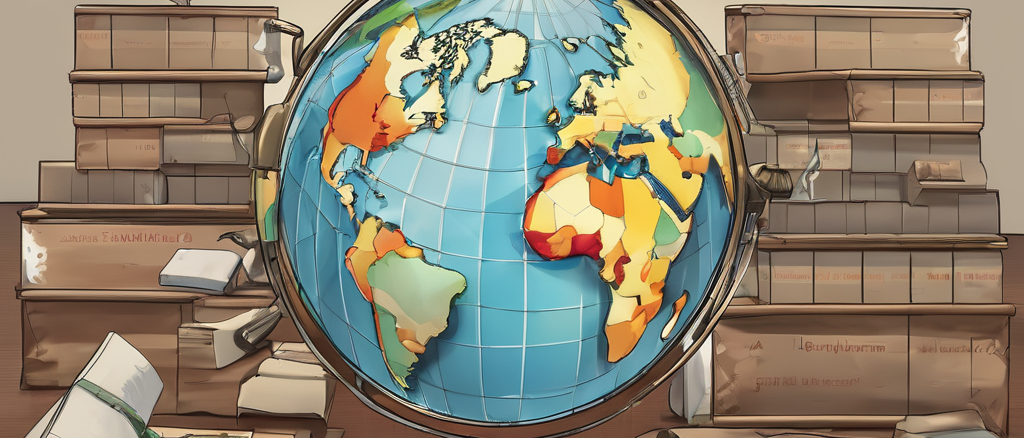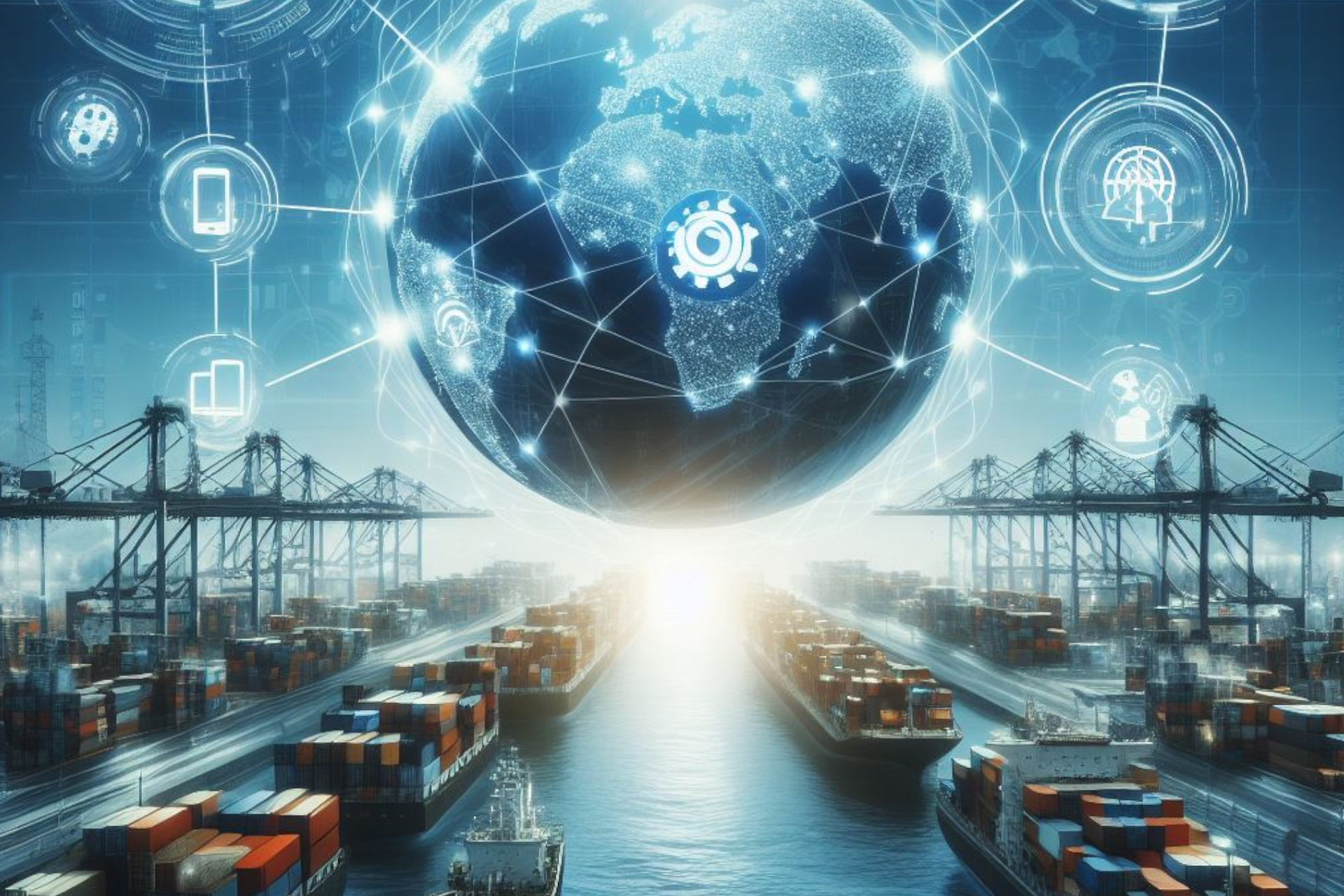Businesses and policymakers who want to flourish in the global economy must comprehend how political and economic variables affect international trade. Companies can negotiate the complex world of international trade and take advantage of the opportunities it brings by remaining informed, diversifying markets, developing partnerships, and being adaptable to change. Businesses that are flexible and adaptable will be better positioned to take advantage of new markets and survive hardship as the global landscape continues to change. In the end, developing a successful and resilient global company plan requires a thorough understanding of the interactions between politics, economics, and international trade.
Political Factors
Political issues have a big impact on commerce because they define the laws and rules that control how products and services move across borders. Several significant political elements that have an effect on global trade include:
- Trade policies: Governments establish trade policies, which can either promote or impede global trade. Examples of these policies include tariffs, import quotas, and export subsidies. Liberal policies encourage free trade and globalization, whilst protectionist policies work to shield home sectors from foreign competition.
- Political stability: Promoting international trade requires a politically stable environment. Political instability, such as civil disturbance or a change in the ruling regime, can obstruct trade, leave businesses insecure, and discourage international investment.
- International relations: Trade patterns are significantly influenced by diplomatic ties between nations. While strained relations can result in trade disputes and sanctions, good relations can facilitate the negotiation of advantageous trade deals.
Economic Factors
International commerce is significantly influenced by economic considerations as well because they affect an economy's overall health and performance. Several significant economic variables that affect global trade include:
- Exchange rates: Changes in exchange rates can affect how much it costs to import and export products and services. A weak home currency may have the reverse impact, increasing the cost of exports while lowering the cost of imports.
- Economic growth: Economic expansion: International trade is fueled by economic expansion. Businesses look for new markets as economies grow, and consumers demand a larger range of products and services. On the other hand, economic downturns can result in less trade and a rise in protectionist policies.
- Inflation: By altering consumer purchasing power and the cost of manufacturing, inflation can have an impact on global trade. A country's exports may be more competitive in periods of low inflation than in periods of high inflation.
- Infrastructure: Effective infrastructure is necessary for promoting international trade. Examples include transportation networks, ports, and telecommunications systems. Infrastructure development makes nations more competitive internationally and more attractive to foreign investment.
Understanding Political and Economic Aspects of Global Trade
Businesses must comprehend and adjust to the political and economic variables that affect international trade if they are to flourish in the global marketplace. Following are some tactics for dealing with these elements:
- Staying informed: To spot potential hazards and possibilities, businesses should keep an eye on political and economic events in their target countries. By using this data, businesses may make well-informed choices regarding supply chain management, product development, and market entry.
- Diversifying markets: Market diversification: Businesses can lessen their exposure to political and economic hazards in any one nation by spreading their markets. Businesses can benefit from advantageous trade policies and changes in exchange rates by diversifying their markets.
- Building relationships: By forging solid bonds with regional partners like distributors and suppliers, firms may better negotiate the challenges of global trade. Local partners can offer insightful information about the state of the market, legal needs, and cultural quirks.
- Adapting to change: Businesses must be ready to modify their plans and operations to take into account shifting political and economic circumstances. This could entail changing price tactics, finding supplies from different sources, or even rethinking market entry efforts.
Read more views


